
A judge has ruled that former Binance chief executive Changpeng Zhao is a flight risk and has banned him from leaving the US until he’s sentenced in February. In a new court filing, Magistrate Judge Brian Tsuchida made a ruling in favor of the prosecution, who claimed Zhao’s wealth and citizenship with other nations that […]
The post Judge Bars Former Binance CEO Changpeng Zhao From Leaving the US Until His Sentencing Slated for February appeared first on The Daily Hodl.

The price of XRP has surged 59% after a judge issued a highly anticipated ruling in the intensely scrutinized case of the U.S. Securities and Exchange Commission vs. Ripple. XRP began trading the day at $0.47 and is now at $0.75 after Judge Analisa Torres ruled Ripple’s automated, open market sales of XRP are not […]
The post XRP Price Explodes As Judge Rules Ripple’s Programmatic Sales of Crypto Asset Are Not Securities appeared first on The Daily Hodl.
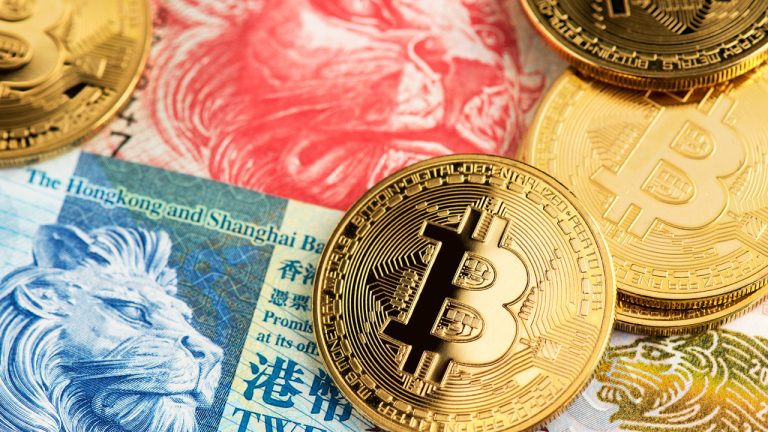 In a court case linked to the now-defunct crypto exchange Gatecoin, a Hong Kong judge has ruled that cryptocurrencies are “property” which is “capable of being held on trust.” According to the law firm Hogan Lovells, this case should provide greater clarity to insolvency practitioners and other common law jurisdictions. Hong Kong Judge Designates Crypto […]
In a court case linked to the now-defunct crypto exchange Gatecoin, a Hong Kong judge has ruled that cryptocurrencies are “property” which is “capable of being held on trust.” According to the law firm Hogan Lovells, this case should provide greater clarity to insolvency practitioners and other common law jurisdictions. Hong Kong Judge Designates Crypto […]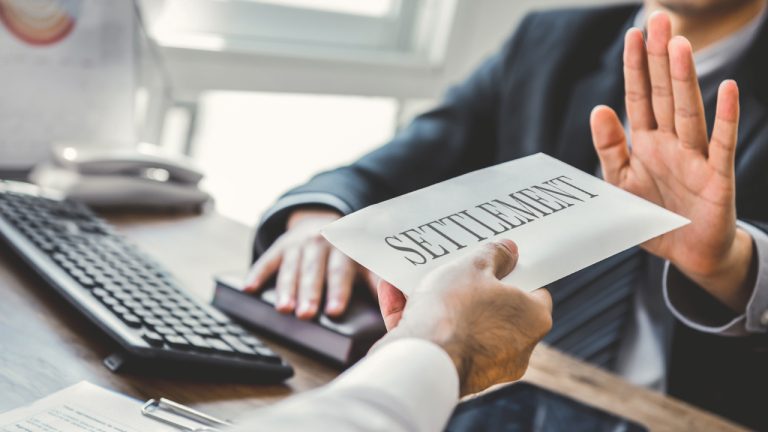 As Ripple and the U.S. Securities and Exchange Commission (SEC) persist in their legal dispute over XRP’s classification as a security, the consequences for both parties and the wider cryptocurrency market cannot be understated. This case offers a unique opportunity to attain much-needed regulatory clarity, which could ultimately promote growth and stability throughout the sector. […]
As Ripple and the U.S. Securities and Exchange Commission (SEC) persist in their legal dispute over XRP’s classification as a security, the consequences for both parties and the wider cryptocurrency market cannot be understated. This case offers a unique opportunity to attain much-needed regulatory clarity, which could ultimately promote growth and stability throughout the sector. […]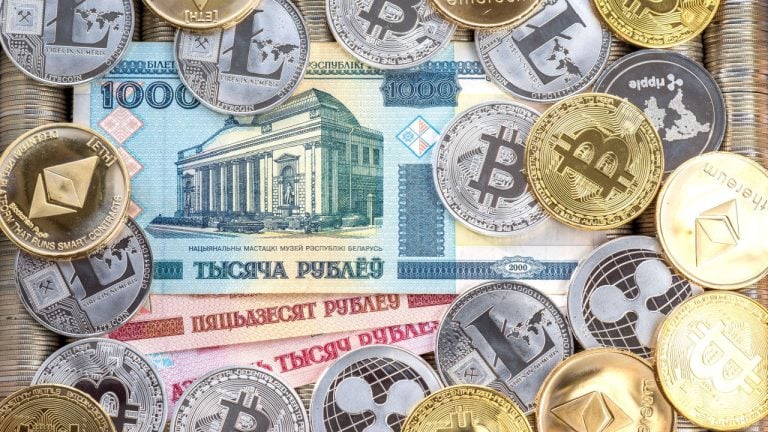 A Belarusian citizen will have to pay a hefty fine for illegally organizing the exchange of cryptocurrencies online. Law enforcement authorities in the country, where certain crypto activities are legal, do not plan to impose other penalties besides the administrative measure. Cryptocurrency Trader Tries to Challenge Fine in Belarusian Court The Supreme Court of the […]
A Belarusian citizen will have to pay a hefty fine for illegally organizing the exchange of cryptocurrencies online. Law enforcement authorities in the country, where certain crypto activities are legal, do not plan to impose other penalties besides the administrative measure. Cryptocurrency Trader Tries to Challenge Fine in Belarusian Court The Supreme Court of the […]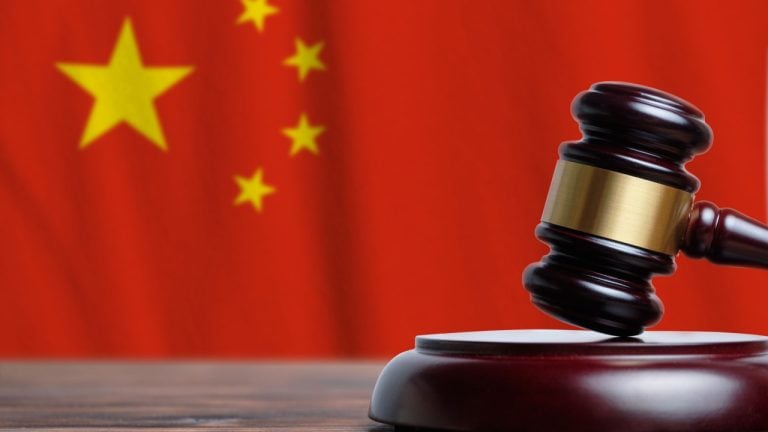 A court in the Chinese city of Hangzhou has determined that non-fungible tokens, or NFTs, represent virtual property protected by the laws in the People’s Republic. The ruling comes from a case over a dispute between a customer and a platform hired to sell a collection of tokens. Hangzhou Internet Court Hears Case Involving Property […]
A court in the Chinese city of Hangzhou has determined that non-fungible tokens, or NFTs, represent virtual property protected by the laws in the People’s Republic. The ruling comes from a case over a dispute between a customer and a platform hired to sell a collection of tokens. Hangzhou Internet Court Hears Case Involving Property […]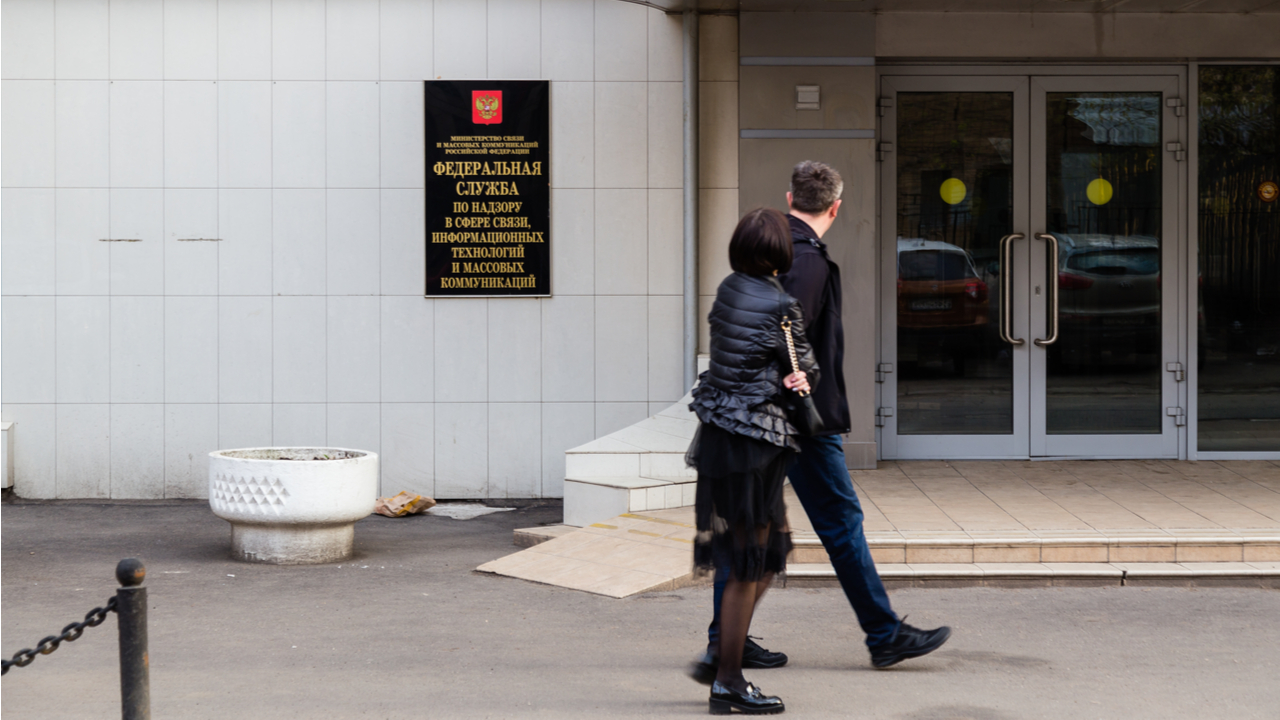 Russia’s mass media regulator, Roskomnadzor, has restored access to a major Russian crypto news portal. Bits.media was recently blocked as a result of proceedings in a regional court that its representatives were not even summoned to attend. Crypto News Site Bits.media Again Available to Russian Readers as Roskomnadzor Delists It Bits.media, the source for crypto-related […]
Russia’s mass media regulator, Roskomnadzor, has restored access to a major Russian crypto news portal. Bits.media was recently blocked as a result of proceedings in a regional court that its representatives were not even summoned to attend. Crypto News Site Bits.media Again Available to Russian Readers as Roskomnadzor Delists It Bits.media, the source for crypto-related […]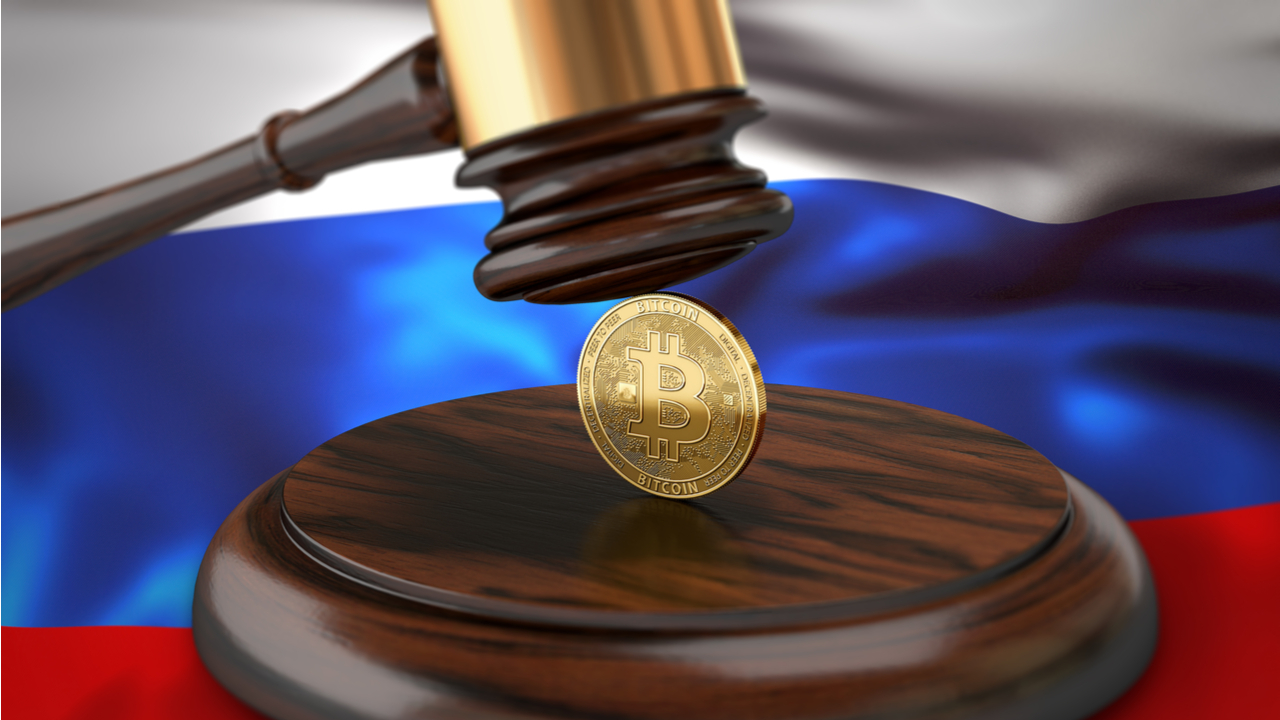 The City Court of St. Petersburg has recognized a large amount of cryptocurrency handed over by the victim in an extortion case as a means of payment, Russian media reported. The prosecutor’s office in Russia’s second-largest city describes the ruling as a precedent. Two Men Sentenced for Cryptocurrency Extortion in Russia Two Russian citizens have […]
The City Court of St. Petersburg has recognized a large amount of cryptocurrency handed over by the victim in an extortion case as a means of payment, Russian media reported. The prosecutor’s office in Russia’s second-largest city describes the ruling as a precedent. Two Men Sentenced for Cryptocurrency Extortion in Russia Two Russian citizens have […]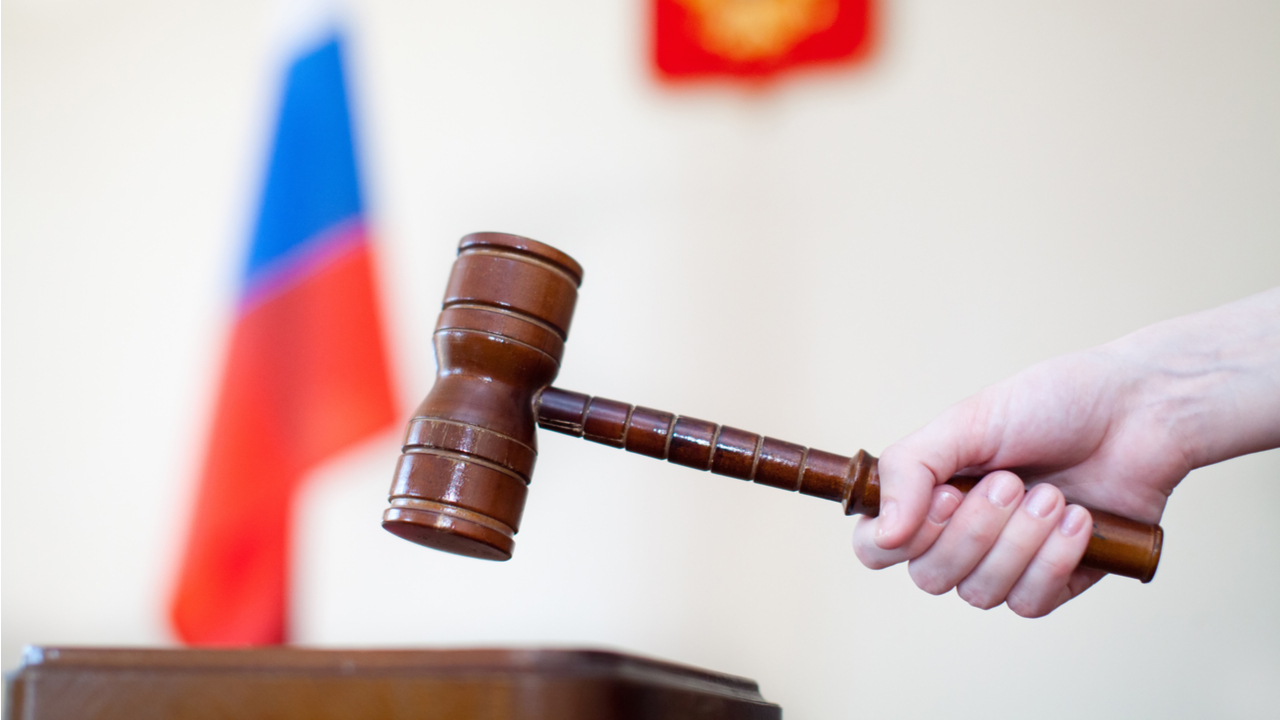 A court of appeals in Russia has overturned a ruling by a regional court which allowed the blocking of the Tor Project’s website in the country. Due to violations during the initial proceedings, the case has been returned to the court of the first instance for another review. Roskomsvoboda Helps Cancel the Blocking of Tor […]
A court of appeals in Russia has overturned a ruling by a regional court which allowed the blocking of the Tor Project’s website in the country. Due to violations during the initial proceedings, the case has been returned to the court of the first instance for another review. Roskomsvoboda Helps Cancel the Blocking of Tor […]
Not all the experts are rushing to call the development “groundbreaking,” but it will certainly help the industry combat fraud.
At the beginning of May, the British Web3 community celebrated an important legal precedent — the High Court of Justice in London, the closest analog to the United States Supreme Court, has ruled that nonfungible tokens (NFT) represent “private property.” There is a caveat, though: In the court’s ruling, this private property status does not extend to the actual underlying content that NFT represents. Cointelegraph reached out to legal experts to understand what this decision could possibly change in the British legal landscape.
In February 2022, Lavinia D. Osbourne, founder of Women in Blockchain Talks, wrote on Twitter that two digital works had been stolen from the Boss Beauties — a 10,000-NFT collection of empowered women that was created by “Gen Z change-makers” and featured at the New York Stock Exchange.
The tokens came with a number of utility points, such as access to exclusive events, free books, and licensing fees. Osbourne claimed that the pieces, stolen from her MetaMask wallet, later emerged on the OpenSea market. She traced down the NFTs with the help of the security and intelligence firm Mitmark.
The matter was brought to court in March, and on April 29, The Art Newspaper reported on the ruling of the United Kingdom’s High Court, in which the judges have recognized NFTs as property protected by law. In addition, the court issued an injunction to freeze the assets on the accounts of Ozone Networks (the host of OpenSea) and compelled OpenSea to disclose information about the two account holders in possession of the stolen NFTs. Shortly afterward, OpenSea halted the sale of these NFTs — Boss Beauties number 680 and 691.
As the identities of the wallet holders remain uncertain, the injunction was granted against “persons unknown.” In its comment on the decision, Stevenson Law firm called a freezing injunction “quite a draconian (i.e. old fashioned and harsh) remedy,” describing it as a “nuclear weapon” of law.
Following the court order, Osbourne victoriously proclaimed:
“Women in Blockchain Talks was founded to open up the opportunities blockchain offers to anyone, regardless of age, gender, nationality or background. This case will hopefully be instrumental in making the blockchain space a safer one, encouraging more people to interact with exciting and meaningful assets like NFTs.”
Racheal Muldoon, the counsel on the case, highlighted “the utmost significance” of the ruling, which, she said, “removes any uncertainty that NFTs are property in and of themselves, distinct from the thing they represent, under the law of England and Wales.” But it is exactly the aforementioned detail that made other experts skeptical of the groundbreaking importance of the court’s decision.
While the NFTs are already enjoying the status of property in their treatment by the U.S. Internal Revenue Service, the proclaimed difference between the token and the underlying asset does little to fill the current legislative vacuum in the U.K. and United States. “So if you have a token, you have a token. But not necessarily any rights in anything else,” as Juliet Moringiello, professor at Widener University Commonwealth Law Schoo, noted to Artnet News.
As assistant director of the Institute of Art and Law Emily Gould reminded in her opinion piece on the case, U.K. courts’ decisions, regulatory developments and governmental studies over the past few years have been increasingly consonant in categorizing crypto assets as property. She specifically pointed to 2019’s AA v. Persons Unknown and the “Legal statement on cryptoassets and smart contracts” report, presented by the UK Jurisdiction Taskforce of the LawTech Delivery Panel in the same year.
“The underlying property or asset that the NFT represents, be that artwork or any other copyrightable material, are still governed in the U.K. by the same copyright laws as in the United States,” Tom Graham, U.K.-based CEO and co-founder of Web3 company Metaphysic.ai, explained to Cointelegraph. “This decision doesn’t help clarify that distinction.”
But for Graham, the ruling still set an “interesting precedent,” as the court had issued an injunctive order to OpenSea. This is significant in terms of courts stepping in and providing injunctive relief where NFTs have been stolen. He added:
“It is now unambiguous that NFTs are governed by the same property laws in the U.K. that govern all other property. It sets a great precedent for people investing in NFTs that the court system, at least in the U.K., will protect their property rights.”
Speaking to Cointelegraph, Anna Trinh, chief compliance officer of digital finance firm Aquanow, noted that the ruling is not revolutionary, but not without “executive importance.” Establishing legal precedent that affirms what most already believed to be the case may give NFT platforms more comfort in demanding to freeze malevolent actors’ accounts. Trinh said:
“I don’t think NFTs being recognized as private or personal property is much of a surprise. You can buy, sell or trade NFTs, which essentially points to them being personal property on first principles. It would have been more shocking had the court held that NFTs were not personal property.”
Trinh doesn’t see the existing legal protections for the underlying assets as problematic. These are governed by the contract’s content at the time of purchase, so contractual law and intellectual property law would come into play depending on the nature of the asset. In Trinh’s opinion, there are more urgent legal issues that regulators could pay attention to, such as creators’ rights.